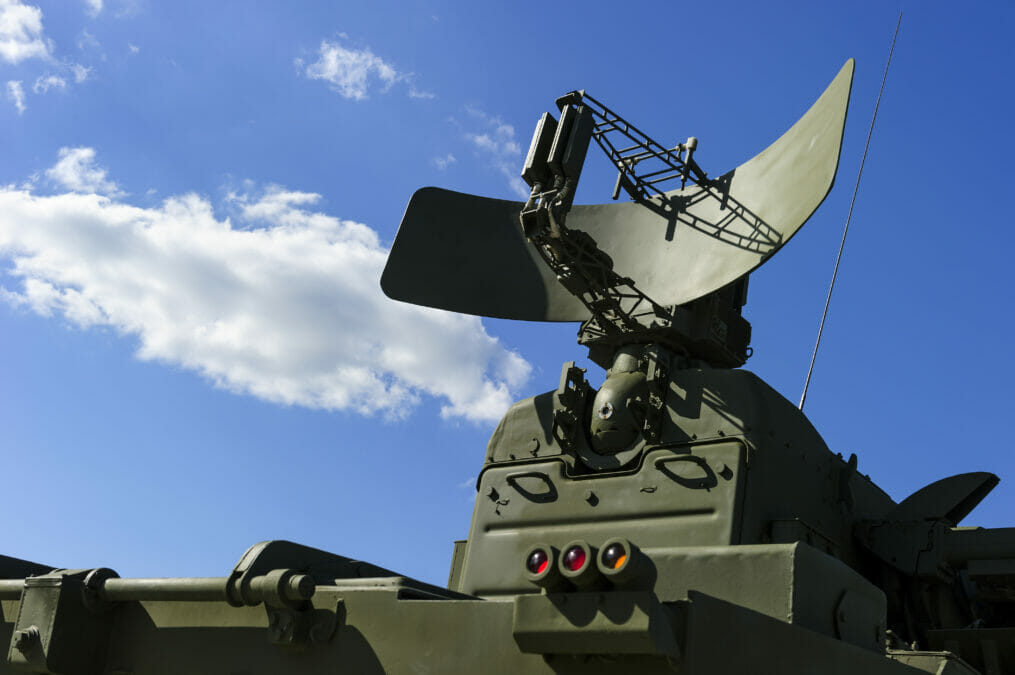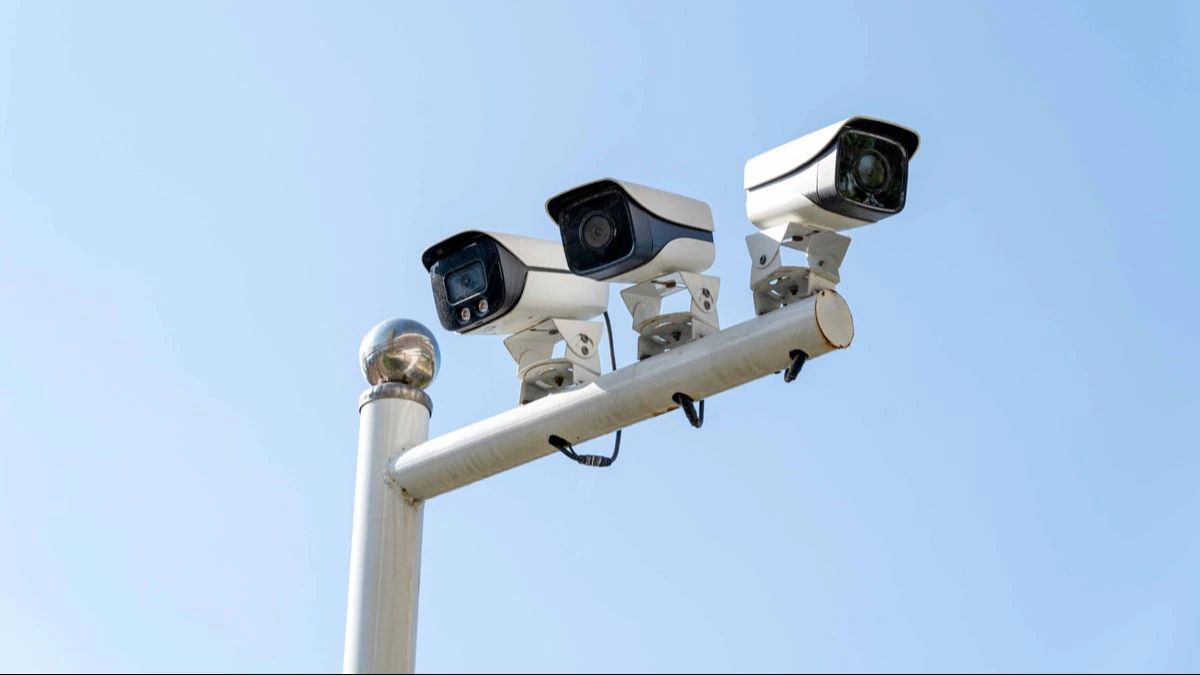- That present-day warfare is largely based on modern techniques aided by mindboggling digital innovations is accepted as the norm. The advent of information-technology-driven digitization endeavours has metamorphosed hitherto conventional warfare into an almost sci-fi-isque exhibition of high-tech conflicts unheard of to date and has become an undeniable reality. Little wonder, every country wishes to be in the race to showcase new acquisitions to ensure the safety, security, and sovereignty of their respective nations are duly protected by the technology-driven modern military capabilities. We are aware of how some of the most advanced countries in the world have showcased their military brilliance in line with the fast-changing times.

PC: Information Age
- Of late, Israel showcased yet again why the global community holds the country so highly in dishing out new technology-driven military capabilities. The whole world woke up to the news about how Israel triggered the pager-walkie-talkie attacks against Hezbollah in Lebanon inflicting harm of monumental proportions. In doing so, the supply chain vulnerabilities in a globalized world stood exposed in the bargain. While that incident involved violence to further geopolitical ends, countries like India should start considering implementing due security checks for Chinese electronic products like smart meters, parking sensors, drone parts, and even laptops and PCs. The source of these products cannot be trusted at face value anymore.
- Since the ease with which Israelis infringed upon those electronic gadgets exposes security risks, India is right in being wary of imported Chinese equipment. Earlier this year, India notified rules for CCTVs that seek to test such equipment sold here on essential security parameters. That such concerns are warranted is not in doubt. Given the Chinese state’s powers, risks like ransomware attacks and data breaches, besides hacking and penetration that compromise important utilities’ infra, posed by Chinese companies are real. Remember, Huawei has been deemed a security risk by several other countries, including India, which left out the company and ZTE from its 5G trials. Given China’s critical place in global supply chains, India should weigh in on safety/security checks.

PC: India Today
- For, besides Chinese products, components made in China are essential to many Indian products, used in the country and sold abroad as our exports. For instance, we may have become the world’s second-largest mobile phone manufacturer, but only 15% of the value-add for the product is indigenous, with China accounting for many vital components. This is also the question of the doability of security checks when it comes to mass items like laptops and PCs since Chinese companies enjoy a large share of the Indian market. Just as significant, even many non-Chinese powerhouses make their products in that country. The laptop imports from China stand at 87.5% now. GOI must have in place a comprehensive security protocol for imported Chinese products.





